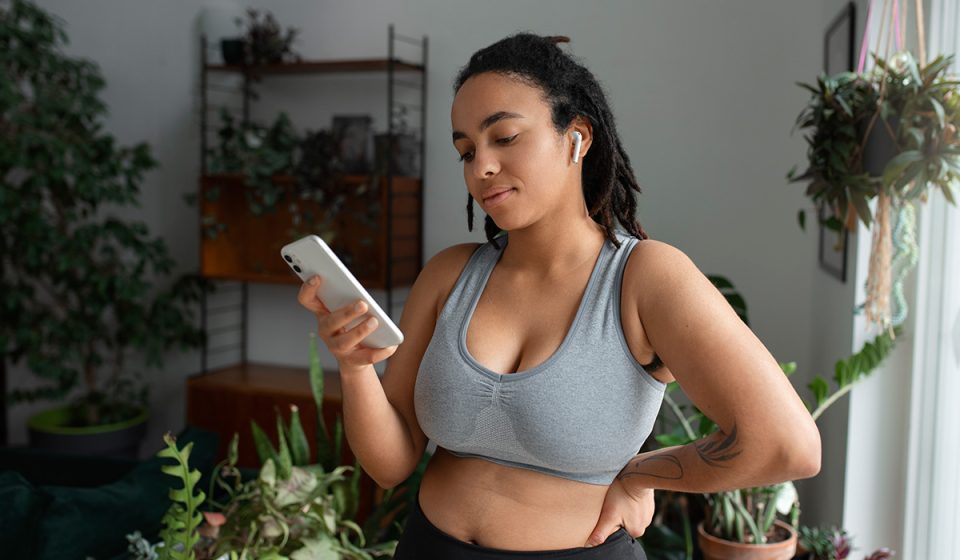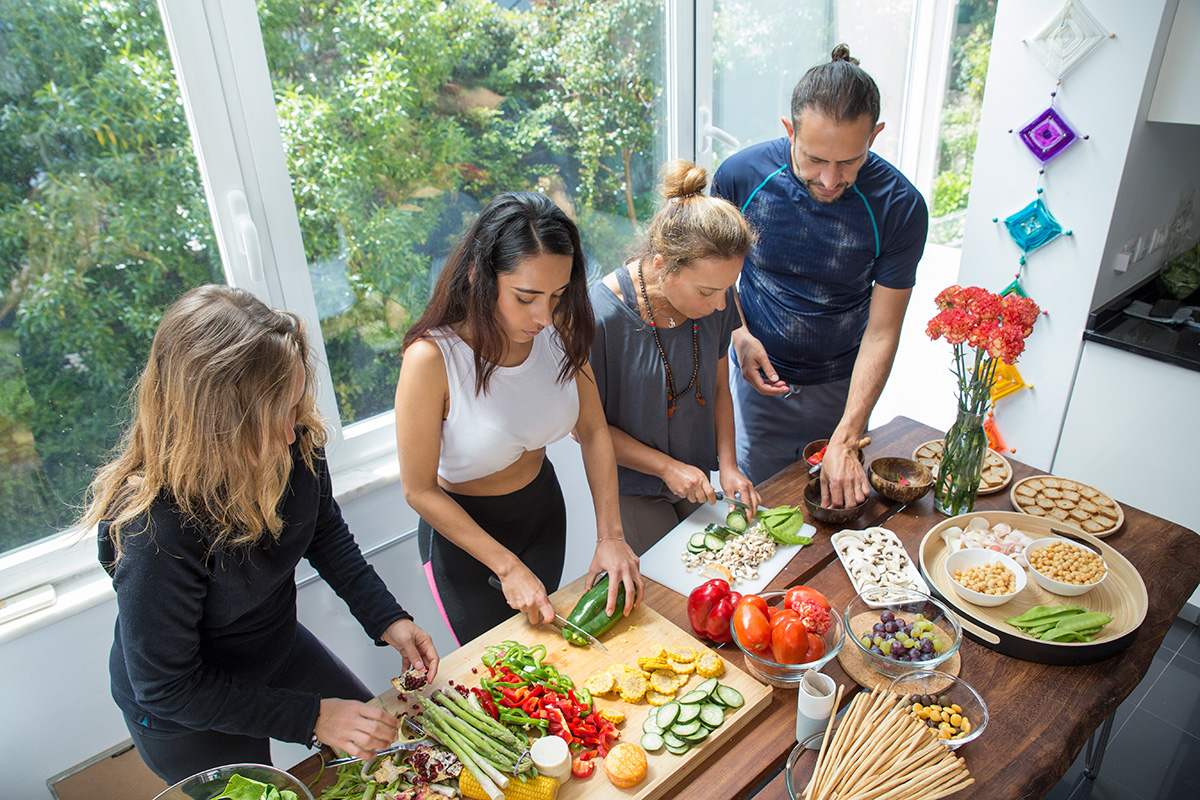
How Social Media Is Changing the Conversation Around Heart Health and Obesity
Social media isn’t just about dance challenges and food pics anymore — it’s shaping how millions of people learn about health, including critical issues like heart health and obesity. Platforms like TikTok, Instagram, and YouTube are flooded with quick tips, personal stories, and advice from both experts and influencers. But with so much information at your fingertips, how do you separate the helpful from the harmful?
Table Of Content
Here’s what’s trending — and what’s truly worth knowing:
📈 1. The Rise of #HeartHealth Awareness
Heart health content is having a major moment on social platforms — and not just during American Heart Month.
Trending: Cardiologists, fitness experts, and even everyday users are breaking down complex topics like cholesterol management, high blood pressure, and lifestyle hacks — all in short, engaging videos. Think 60-second explainers on how to lower LDL cholesterol or why walking 30 minutes a day matters.
Good to Know: Look for creators who list their medical credentials (MD, RD, etc.) in their bios. Fitness influencers can offer great inspiration, but for actual health advice, licensed professionals are your safest bet.
Pro Tip: Follow accounts that promote preventive care and empowerment, not those that rely on fear tactics like “this one food will kill you!” Good health content should motivate you, not scare you.
🥑 2. Food Swaps Over Fad Diets

Gone are the days of extreme crash diets — today’s food trends are all about balance and sustainability.
Trending: “What I eat in a day” videos showing practical swaps for heart-friendly eating: like using avocado instead of mayo on sandwiches, swapping olive oil for butter in cooking, or choosing antioxidant-rich berries over processed desserts.
Smart Move: Pay attention to whether the creator is a registered dietitian (RD) or cites credible sources. Influencers pushing “miracle” foods without backing up claims can do more harm than good.
Watch Out: While diets like keto or “clean eating” may work for some, they can also promote extremes. Not everyone — especially people with heart conditions — should jump into low-carb, high-fat plans without professional advice.
🧘 3. Holistic Weight Management
The conversation around obesity is evolving — from blame and shame to a broader focus on self-care and mental well-being.
Trending: More creators are highlighting gentle exercise like walking, yoga, and stretching, alongside habits like improving sleep hygiene, managing stress, and nurturing mental health. It’s not just about burning calories anymore; it’s about building a sustainable lifestyle.
Why It Matters: Research increasingly shows that chronic stress, sleep deprivation, and mental health struggles are deeply linked to both obesity and cardiovascular disease — but they’re often left out of the conversation.
Better Messaging: Campaigns like “Health at Every Size” remind us that being compassionate toward ourselves is crucial. It’s about recognizing health risks while still promoting self-respect and personalized care, not one-size-fits-all solutions.
💊 4. Weight Loss Drugs and Heart Health Buzz
Medications like Ozempic and Wegovy are hot topics across TikTok and Instagram right now — and with good reason.
Trending: People are sharing before-and-after photos, appetite changes, side effects, and their personal journeys with GLP-1 receptor agonists. Some are even discussing positive impacts on heart health beyond just weight loss.
Important to Know: Clinical research suggests that these medications may lower cardiovascular risks — a huge bonus for eligible patients. But they’re prescription-only for a reason. They’re not quick fixes and come with their own risks and guidelines.
Be Wary: Misinformation is rampant. Some influencers promote off-label or unapproved uses. Always consult a healthcare provider before considering any medication based on what you saw in a Reel.
💬 5. Community Over Comparison

The best thing about the new wave of health content? Community.
Trending: More people are openly sharing their real, unfiltered health journeys — whether it’s living with heart disease, recovering from surgeries, managing obesity, or navigating mental health challenges.
Why It Works: Encouragement beats judgment every time. Seeing authentic, realistic stories helps others feel less alone and more empowered to make changes at their own pace. No toxic “before and after” pressure — just genuine support.
💡 Final Thoughts:
Social media can be a powerful tool for health education — but it’s a double-edged sword. When used wisely, it can inspire better habits, provide valuable information, and build real community. But unchecked, it can also spread myths, unrealistic expectations, and dangerous misinformation.
The takeaway? Follow credible voices, trust evidence-based advice, and remember that your health journey is exactly that — yours.


